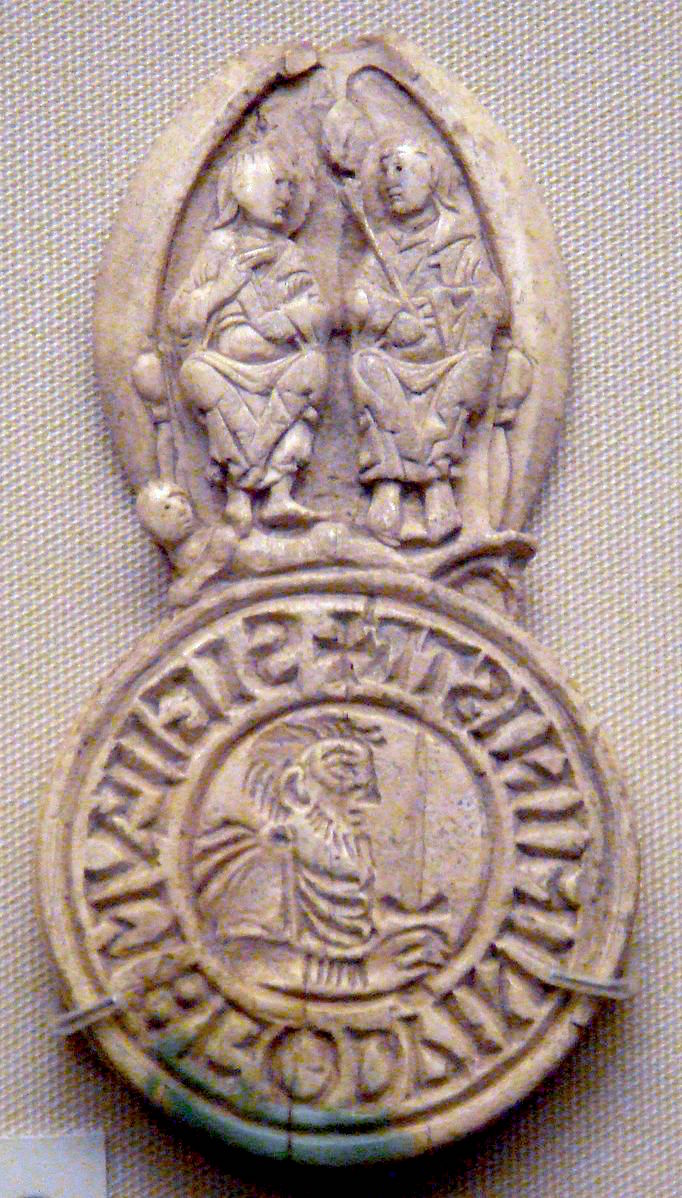Yeah. Only "occasionally" seems to mean "every single time, because the DM is going to manipulate the math until the every action is an exercise in punishment.
Good grief, I've climbed out of more than a few ravines. I've never broken any bones. I've never suffered more than a skinned knee. Yet, here we are, with a fairly significant chance that climbing out of a ravine will damage the party enough to be actually noticed.
Again, I just have zero interest in this
@Lanefan. I'm sorry but I don't. The ravine is pointless. Getting out of the ravine is pointless. We're going to get out. The ravine has nothing to do with the adventure.
This last is where we disagree: the ravine is just as much a part of "the adventure" as is fighting the BBEG or sneaking past her gate guards.
It's pointless die rolling for no reason other than the DM feels this bizarre need to roll dice. I mean, good grief, in our session last night I declared that I stabbed a dagger into a door. Not to break the door. Just stab a dagger into the door.
And the DM insisted that I roll an attack. After all, I might roll a 1 and critical fumble. FFS. It's so frustratingly pointless.
It's not pointless at all. Sure, the odds of something going wrong in that case are very low, but - and this is the important point - they are not zero; and if you get unlucky and hit a metal stud in the door (i.e. fumble) and break your dagger, now you don't have a dagger any more.
Even more relevant if that poor dagger happened to be enchanted.

It should come as no surprise that we probably would not enjoy each other's games.

We are not going to see eye to eye here. For me, in my perfect world, The Lord of the Rings is 90 pages long and starts in Mordor. I am simply not interested in "the journey" very much any more. We have a goal - go there. I don't want fifteen different sidebars going on. I will happily ignore every single side quest you put in front of me. I will gleefully ignore 90% of things in a campaign that aren't directly related to the main plot of the campaign. I simply do not care anymore. I've had all caring beaten out of me by an endless stream of DM's who seem to think that every single trivial, pointless exercise needs to be played out in excruciating detail.
And when the journey IS the adventure? What then?
Because, in LotR most of the adventure is the journey...along with all the character interaction and development that takes place during said journey.
Your version sounds analagous to those condensed half-hour recaps of 2-hour hockey games, where they show they key moments but don't show all the play between. Great if you just want to know what happened, not so great if you actually want to watch the whole game and catch all the nuances and minor plays.
By your posts, you remind me of a guy in our crew who both in real life and game play has zero patience for anything that isn't flat-out action. When watching an action movie, for example, the moment the fighting stops and the characters start talking, he tunes out; and in the game (both as player and DM) he just wants to get to the combats and-or key moments and skip everything else. Meaningful character interaction? Good luck with that.
When everything's a highlight, nothing is.
So, no. I no longer care. As a DM, I would never in a million years have five different ships going to the same destination. You'd get one. And, unless there was something particularly interesting that needed to be doing on the way from A to B, I'm simply going to redline the journey and get to the next thing that actually advances the plot story of the game. You want to put me in the drivers seat? Great. I'll do that too. But, that means when I give you a goal, I expect that the campaign will be about that goal until that goal is achieved. And, again, I will ignore to the best of my ability anything that isn't part of that goal. Linear or sandbox, I'm pretty content so long as we're not spending endless time on pointless, meaningless play.
And what do you do - particularly in sandbox play - when one or more players want to spend more time on everything? When their (perhaps unspoken) goal is to deep-dive into the setting and-or each other's characters, with the adventures merely a distraction from these pursuits? Or when their (perhaps unspoken) goal is to do a bunch of other non-adventuring or downtime stuff e.g. fight or prank each other, get involved in local politics, spend time on deep info-gathering and research, develop new spells, etc.?


